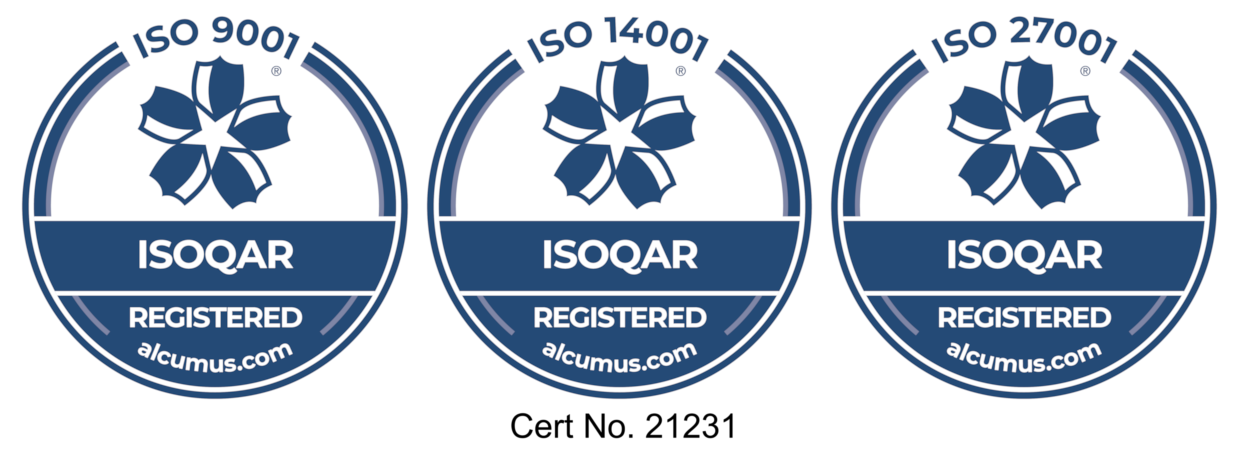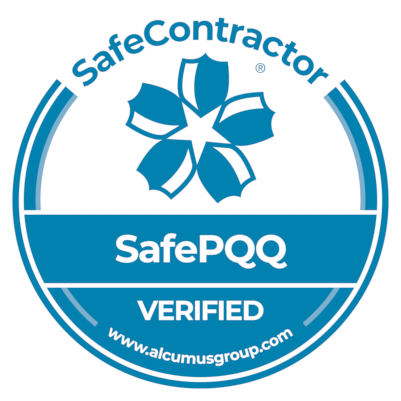Members of the public have been urged by the Health and Safety Executive (HSE) to use recycling points for disposing of batteries.
Campaigns have been run to encourage the public to use recycling points
The call to use recycling points comes in the wake of fires in household waste and recycling collection vehicles. And, battery expert and scientific adviser to the West Midlands Fire Service, Our very own Dave Reynolds, has highlighted the danger posed by some modern batteries.
In a statement to letsrecycle.com, the HSE said: “There is a risk that batteries can cause fires when they are disposed of, particularly when mixed in with other domestic waste materials. HSE would urge members of the public to safely dispose of batteries at recycling points. Disposing of batteries in waste collections can lead to the risk of injury to refuse workers and members of the public from fires and explosions.”
Alkaline
Batteries by themselves are less likely to ignite, it is within collection vehicles with paper and plastic that recent incidents have occurred
Endorsing the warning from the HSE, Mr Reynolds said there was still a risk of fire at public collection points. “However, the fact is that alkaline batteries don’t burn well so if a lithium battery is placed in and short circuits it is unlikely to burn. I would advise people to tape over the ends of battery terminals on lithium and nickel cadmium batteries when they are put in recycling points. Some retailers give this advice but it is hard to get the message over to people.”
At home
Batteryback, run by WasteCare, explained Mr Reynolds, is the largest portable battery compliance scheme and includes Duracell as a member. And, he added that the scheme looking at ways to help spread the message to the public that batteries can be recycled. “People also need to be aware of the way they keep batteries for recycling at home. Don’t leave them in a drawer where coins and paperclips can cause a short circuit at home.”
See the full story at LetsRecycle.com





